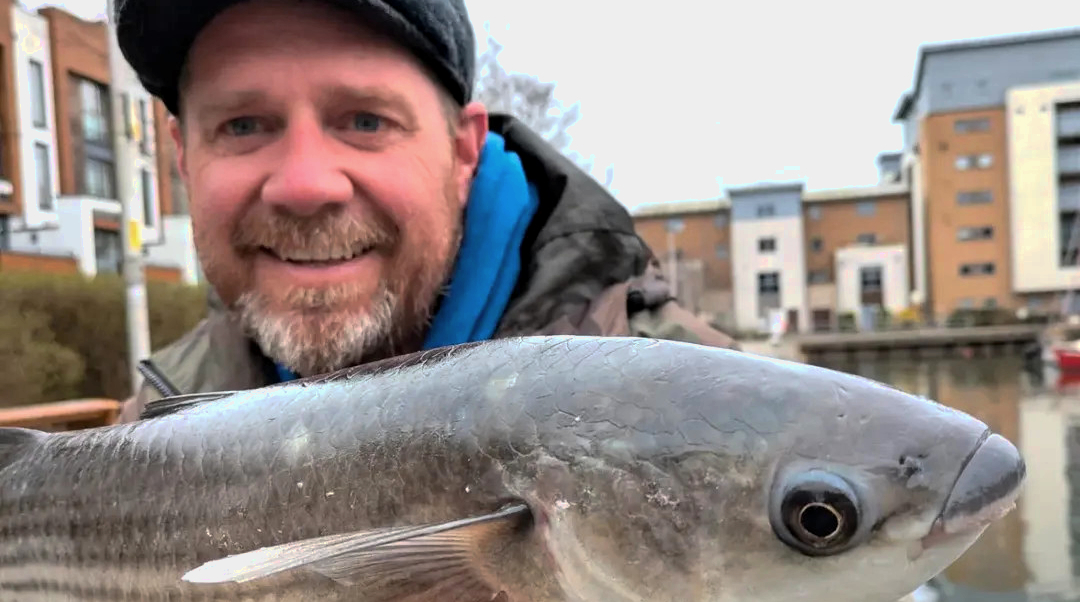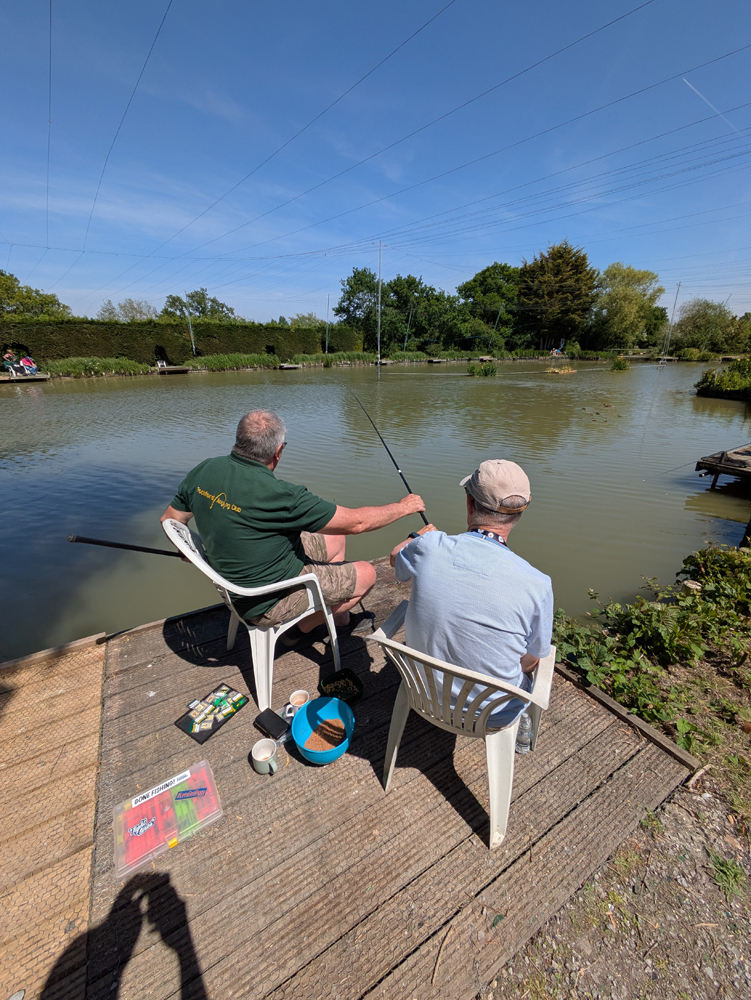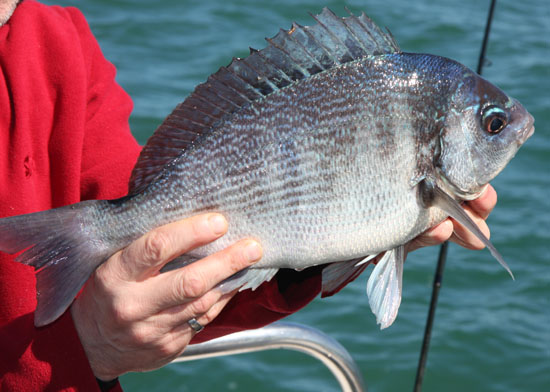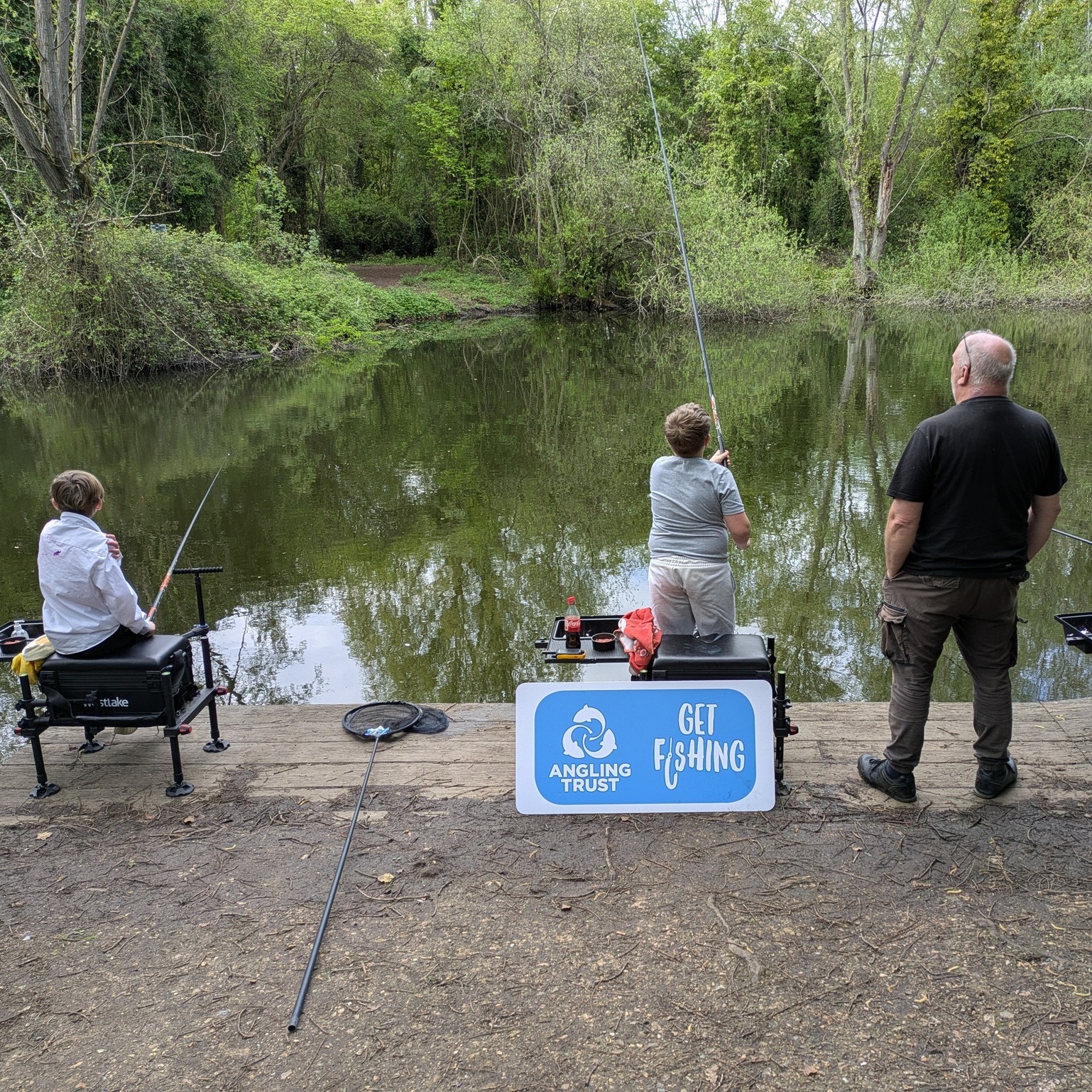
Campaigns
Support is building for urgent overhaul of UK’s ‘creaking and leaking’ sewerage system
Although the government have successfully resisted attempts by the House of Lords to place a new duty on water companies in the Environment Bill to demonstrate progressive reductions in the harm caused by discharges of untreated sewage, support continues to build for a step change to investment in the UK’s ‘creaking and leaking’ sewerage system.
This week sees major figures from parliament, industry and the environmental sector all backing the recent ‘Broken Water’ report from the Angling Trust and Salmon & Trout Conservation which included a ‘shadow’ strategic policy statement (SPS) to government for the management and regulation of the water sector.
They include the industry body Water UK, The Rivers Trust, River Action and senior Conservative MP Sir Charles Walker, who chairs the All Party Parliamentary Group on Chalkstreams.
The report, Time to Fix the Broken Water Sector, focusses on spending priorities for the water industry for the next round of capital investment (2025-30). It calls for the long-overdue investment needed to ensure that the UK’s waste water infrastructure, which the government admits is no longer fit for purpose, can meet the demands of climate change and population growth without environmental compromise.
The report sets out why the government’s forthcoming SPS for water must be a clear and unambiguous instruction to OFWAT to compel and enable water companies to repair sewerage systems and invest in adequate resources for water supply.
Continued failure of the water regulator to take the environment seriously is evidenced by the declining condition of freshwater in England, not least the increasing failure of a sewerage system incapable of meeting demand with over 400,000 sewage spills reported in 2020.
The paper examines data on water pipe replacement rates revealing that the typical replacement/renewal rate in the UK is around 0.05% of the network per annum. This implies OFWAT and the water companies are expecting sewers to last for 2,000 years – ten times longer than the European average.
The issue was further highlighted last week at the Environmental Audit Committee hearing in the House of Commons with CEOs of six major water companies and in yesterday’s Commons debate on the Environment Bill.
Martin Salter, Head of Policy at the Angling Trust said:
“Whilst many of us are disappointed to see the government continuing to resist legal measures that would see a reduction in the completely unacceptable levels of untreated sewage entering our rivers, we are heartened by the growing support for overhauling the country’s creaking and leaking sewerage system. It’s not often that you see industry, politicians and the environment sector all singing the same tune and hopefully this will give Ministers pause for thought.”
Back in January DEFRA admitted that the national sewerage infrastructure can no longer cope with demand saying that “climate change has led to increased rainfall and water infrastructure has not kept pace with development growth over decades.”
Stuart Colville, Water UK Director of Policy said:
“The Angling Trust and Salmon & Trout Conservation are absolutely right to shine a light on this issue. Increased drought and flooding means we cannot afford to waste time: water companies must be allowed to make urgent investments in the health of networks that are often many decades or even centuries old.
“To make that happen it is essential government release an ambitious Strategic Policy Statement that is clear about the need for new investment in securing water for future generations, and in replacing creaking sewer networks designed for a different age.”
Charles Watson, Chairman of River Action added:
“This is a brilliantly insightful and hugely important piece of work undertaken by S&TC and the Angling Trust. Not only does it deliver a devastating assessment of the causes and symptoms of our failing waste water systems, more importantly it outlines constructively and compellingly what the solutions are. The aspirational environmental policy statements of our political leaders are meaningless if the manner in which we manage our fresh water is allowed to continue its current shameful state.”
Sir Charles Walker MP said:
“On the eve of COP26, the time has come to ensure that our rivers receive the protection and investment they deserve. There is no excuse for our first world country to continue to treat so many of our water courses as open sewers.”
Mark Lloyd, CEO of the Rivers Trust concluded:
“The past few years has seen the collision of climate change, population growth and under-investment in our waste water infrastructure which has led to millions of people realising that our rivers are in poor health and in many places getting worse. This must be a wake up call for the government and its regulators to provide the means for water companies to improve dramatically their treatment of sewage. We also need a cross-departmental approach to reconfigure the way water is managed in the urban and rural landscape by reducing peak flows going into the sewer network.”
Useful links:
You might also like

We want a water industry fit for purpose

Another year of anglers’ data reveals another year of…

Get Fishing Fund – Funded Project: ‘Summerhayes Junior Angling…

Will the UK-EU Fisheries Deal Deliver for Sustainability and…

The smile says it all! Kayson is hooked! –…

Our Man with a Mullet! Dean Asplin, enjoys a…

Underdog Crew hosts top draw fishing events with Hintlesham…

NEW BLOG: Fishing helped my Peaceful Place members with…

Minister’s Visit Highlights Collaborative Action on Pollack Conservation

Angling Trust calls for radical reforms to end sewage…

Have Your Say: Shape the Future of Black Bream…

NEW BLOG: Get Fishing Award event for North Cambridge…

We want a water industry fit for purpose

Another year of anglers’ data reveals another year of…

Get Fishing Fund – Funded Project: ‘Summerhayes Junior Angling…

Will the UK-EU Fisheries Deal Deliver for Sustainability and…

The smile says it all! Kayson is hooked! –…

Our Man with a Mullet! Dean Asplin, enjoys a…

Underdog Crew hosts top draw fishing events with Hintlesham…

NEW BLOG: Fishing helped my Peaceful Place members with…

Minister’s Visit Highlights Collaborative Action on Pollack Conservation

Angling Trust calls for radical reforms to end sewage…

Have Your Say: Shape the Future of Black Bream…

NEW BLOG: Get Fishing Award event for North Cambridge…

We want a water industry fit for purpose

Another year of anglers’ data reveals another year of…

Get Fishing Fund – Funded Project: ‘Summerhayes Junior Angling…

Will the UK-EU Fisheries Deal Deliver for Sustainability and…

The smile says it all! Kayson is hooked! –…

Our Man with a Mullet! Dean Asplin, enjoys a…

Underdog Crew hosts top draw fishing events with Hintlesham…

NEW BLOG: Fishing helped my Peaceful Place members with…

Minister’s Visit Highlights Collaborative Action on Pollack Conservation

Angling Trust calls for radical reforms to end sewage…

Have Your Say: Shape the Future of Black Bream…









